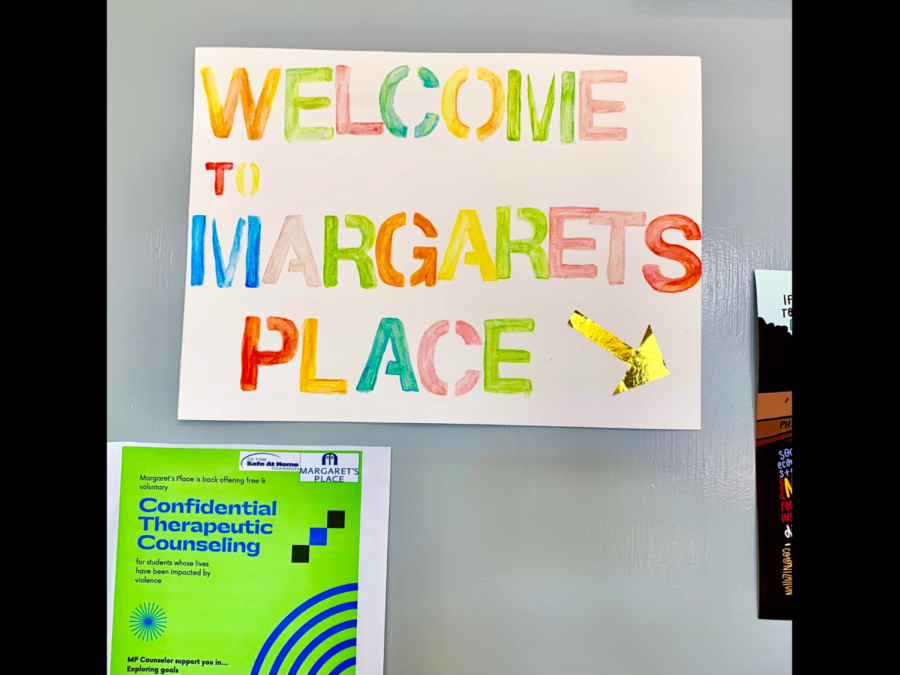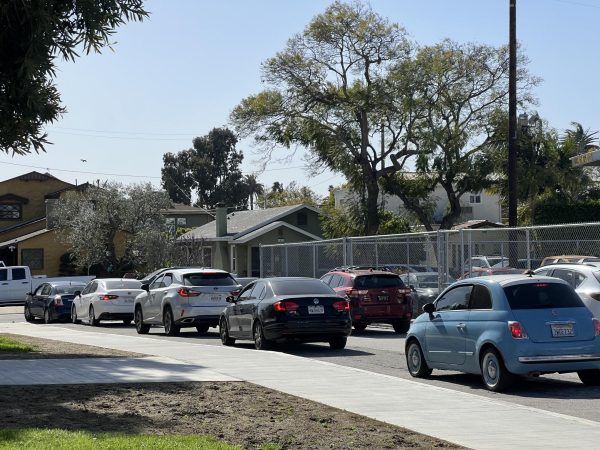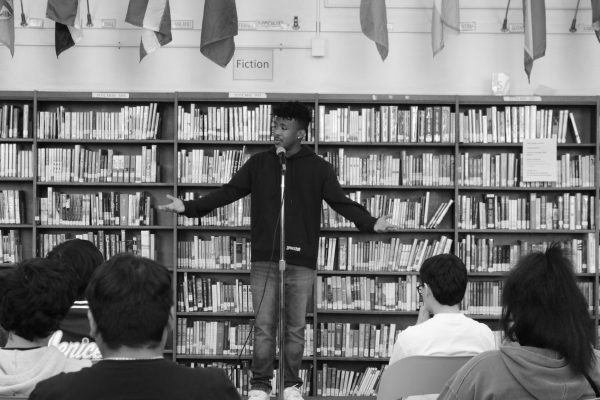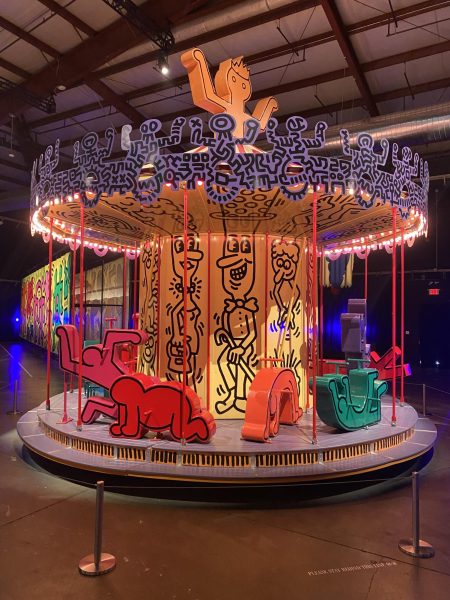The Mental Health Conversation Starts With The COVID-19 Generation
October 5, 2021
The COVID-19 lockdown hit millions in different ways. It especially hit hard for students. Everyone knows a student who has struggled because of the lockdown on schools—whether it be academically, physically, or especially mentally.
The conversation surrounding mental health, mostly regarding teens, has developed greatly. Now that students are returning to school, students are transitioning back into a different Venice community.
Every student has had a different experience coming back to school. But for the most part, students seem to be happy to be back at school.
“Towards the middle and end of lockdown I started to feel lonely and depressed,” said a student who preferred to remain anonymous. “I think lockdown made a lot of students feel that way, because it felt like no one was there and no physical contact could be made.”
Attending school online and being alone for months really took a toll on a lot of students, so it makes sense that some of them feel better being back at school and involved in the community, according to Catey Carey, a new counselor at Margaret’s Place here at Venice High.
Margaret’s Place, located in room 210B in the East Building, serves as a safe space to receive counseling and education about sensitive topics such as mental health and abuse.
“It’s detrimental to our mental health to be isolated for so long, even though we had to, of course.” she said.
Although Carey, better known as Ms. Catey, is new to Venice, she is not unfamiliar with the state of students during the pandemic.
“I was interning at John Adams Middle School, but it was all online and I didn’t get to see anyone in person,” she said. “I think there were similar things where people were feeling isolated. I was hearing a lot of anxiety and symptoms of depression.”
The return to school seems to have lifted students out of their unmotivated states, however, by pulling students out of their isolated rooms and into a new environment.
“Based on when I talk to people, a lot of them say being back at school has helped them and they like that they can be outside,” said the anonymous student. “Being at home a lot can cause a lot of stress.
“Going back to school made me feel so much happier because I was able to talk to people and see friends.”
“With the help of clubs, sports teams, and friend groups, students are able to find support and motivation through these communities.” Catey said.
“I think it’s a different energy being around people,” she said. “Some people say it’s been difficult, as far as the academic stress, but that they’ve been grateful to be in a community again and be around their friends and just hang out.”
Thanks to people like Catey Venice is able to maintain these helpful communities. When entering Margaret’s Place, it’s lively, loud, and inviting. It’s a welcoming place to destress and feel comfortable. There’s plenty of activities and games and the room is filled with light and color. Margaret’s Place, along with others, create a new and welcoming environment for students to come back to.
“I think having spaces like clubs, and Margaret’s Place, and the counselors available is really helpful. It’s a really good resource for everyone to be able to congregate.”
The lockdown has definitely expanded the conversation surrounding mental health. Even if students are still struggling and don’t feel entirely comfortable yet at school, the Venice community can be more supportive and educated.
“We can always do more,” Catey said.
Thankfully students and teenagers are a lot more knowledgeable about mental health. The ongoing conversation and language among teenagers surrounding mental health has only grown with time, especially during lockdown. With more resources and a new understanding of mental health, students can begin to heal and get back into their old routines
“I think the language, especially around this age group, has developed so much and people have a richer understanding of mental health,” she said. “I think people are getting a lot more comfortable with seeking out help.”
Overall, things seem hopeful for students coming back. But at the end of the day, every student is different and everyone has their own way of healing and adjusting. At Venice, we can always be more educated and understanding in order to help our fellow students that maybe aren’t quite there yet.





